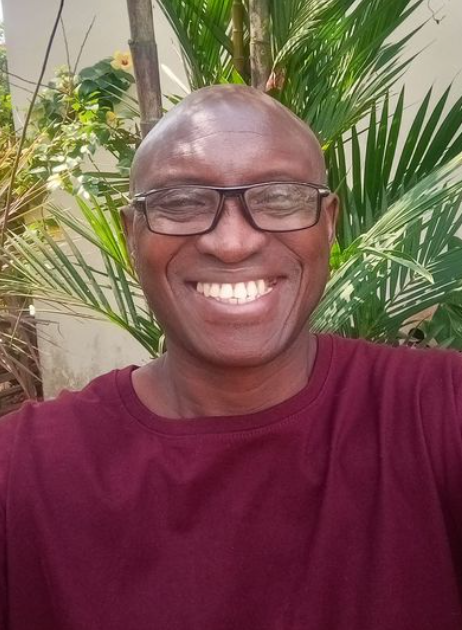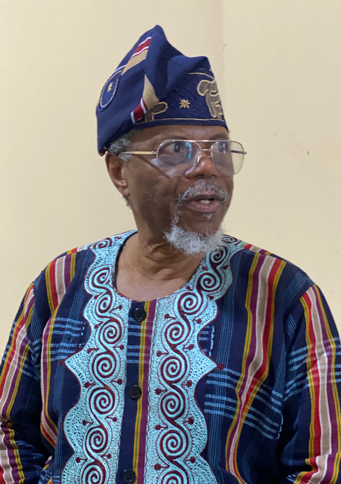By Oluwatoyin Vincent Adepoju
Compcros
Comparative Cognitive Processes and Systems
“Exploring Every Corner of the Cosmos in Search of Knowledge”
I envisage a curriculum of learning inspired by the work of polymathic scholar, writer, research organizer and scholarly entrepreneur Toyin Falola.
These curricula could be of two types.
One could explore the character of his activities in particular cognitive domains, the interrelationship of these activities and their conjunctions with and significance beyond the universe of activity generated by Falola’s work.
Another approach could be that of developing creativity by emulating Falola’s example. Such a learning strategy would aspire to cultivating creativity that is individualistic as well as collaborative, intellectual as well as imaginative and artistic, locally sensitive as well as multicultural and international in inspiration, grounded in the material world as well as maximizing the significance of cyberspace.

Such a pluriversality creativity would take inspiration from the individualistic character of Falola’s work-represented by his sole written books and sole written essays, book chapters and poetry.
It would adapt the collaborative character of Falola’s productivity, as demonstrated by his co-written books, co-written essays, edited books, editorship of journals, book series with various publishers, conferences, interviews, his establishing a publishing house/s/consortium, financing book publications, establishing prizes, and more perhaps.
The aspirant would work out how to employ for themselves their own version of the intellectual character of Falola’s creativity, as expressed in his scholarly writings elucidating, analysing, interpreting and applying phenomena, ideas and insights in various books, essays and public addresses.
This approach would develop for the individual the person’s own version of the imaginative dimension of Falola’s creativity, reworking material, social and mental realities in imaginative terms and projecting possibilities beyond the existent through such initiatives as new academic programs.
This method would cultivate a person’s artistic skill, creating novel structures of expression using expressive techniques centred in imagination and evocation rather than directness of expression and analytical power, as demonstrated by Falola’s poetry.

This learning strategy would explore how the student could learn from the insights possible through their environment, as well as contributing to shaping that environment, as evident in Falola’s studies of his African and diaspora African social, expressive and cognitive contexts and his efforts in contributing to shaping those contexts.
This perspective on creative growth would also seek to learn from a broad range of cultures and countries, bringing them into a synergy, perhaps focused on a central cultural inspiration, as is visible in Falola’s integration of Western and African thought and cultures in his scholarship, a scope recently extending into South America in studying perspectives on decolonization.
These initiatives in developing people’s creativity would draw from the material world of physical human sociation and the inspiration of nature, from physically embodied knowledge systems and the social networks and cognitive resources enabled by cyberspace, as exemplified by Falola’s use of both physical and digital learning resources, through his creation of collaborative networks in physical spaces such as universities in Africa and the West and the construction of an international research network using cyberspace.

Interesting! Sounds and feels like the introduction of the essay? Bet more is coming on “Toyin Falola studies “…